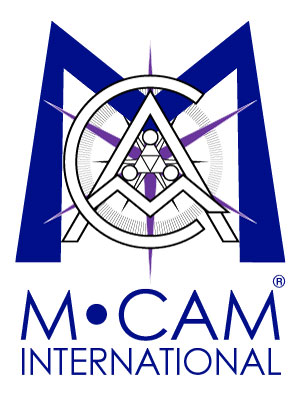M·CAM Open Source Innovation Highlighted in Publication
Date: Mon, 2009-06-15
M·CAM Open Source Innovation Highlighted in Publication
The Netherlands – June 15, 2009 – – In their recently published book The Future of a Truly Stable Economic Order, banking executive and Chief Risk Officer for Rabobank’s Schretlen & Co, Jan J. Ph. M. de Dood and Marieke de Vrij discuss the role of cooperative innovation and highlight M·CAM’s work in identifying the accessibility of open source innovations for most issues confronting society.
“Working on the basis of cooperation will lead to faster, better and simpler solutions for the problems faced by society. David Martin, CEO of M·CAM, a finance company with great knowledge of intellectual property and patents, thinks that we already posses everything we need to solve the world’s problems. It is only a case of organizing it and energetically bringing the necessary elements together. However, most patents are filed not for the purpose of using technology for everyone, but to prevent their use, especially by possible competitors. They are protected or buried. This is not only counterproductive, but is also an injustice to all those involved in the process of technical research and development, in whatever way and for however long. As stated earlier, working cooperatively ensures everyone is honoured, recognized and rewarded for his or her contribution. This can only be done on the basis of equality (related to effort) and not using the maximization of profits for one’s own benefit alone. No empirical evidence exists showing that restrictive property models achieve greater value than preferential purchase or vendor networks. In fact, the successes frequently showcased to endorse patent schemes most often reference businesses who grew through preferential government purchasing rather than patent enforcement. It is likely that the future will be more productive if we adopt financial incentives for explicit collaboration rather than maintaining isolationist restrictive property paradigms.” (Page 63-64).


Sorry, the comment form is closed at this time.